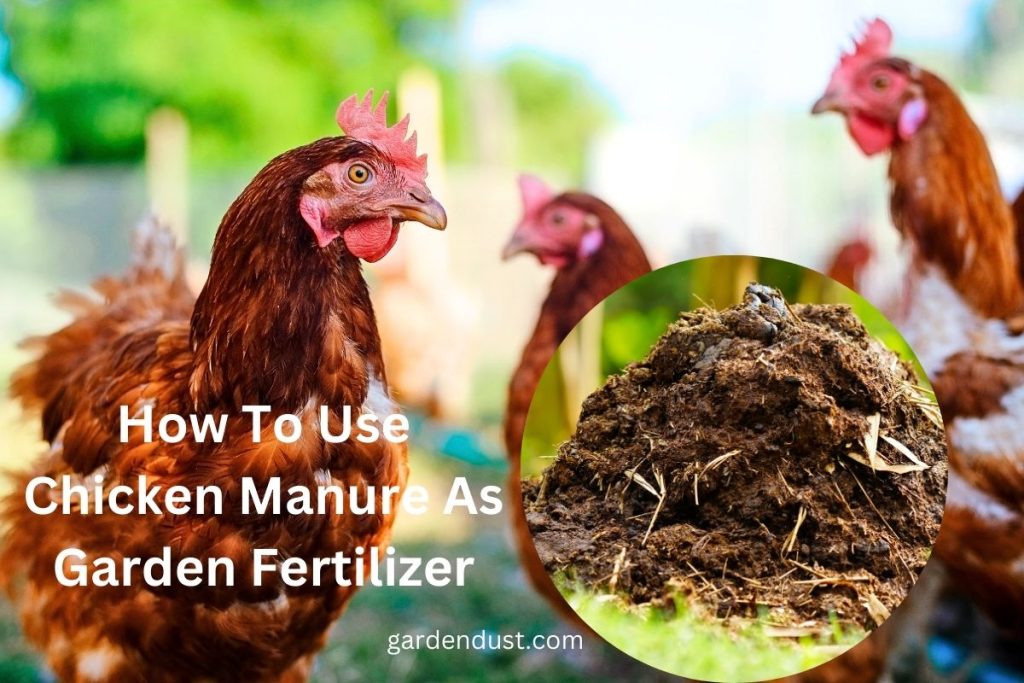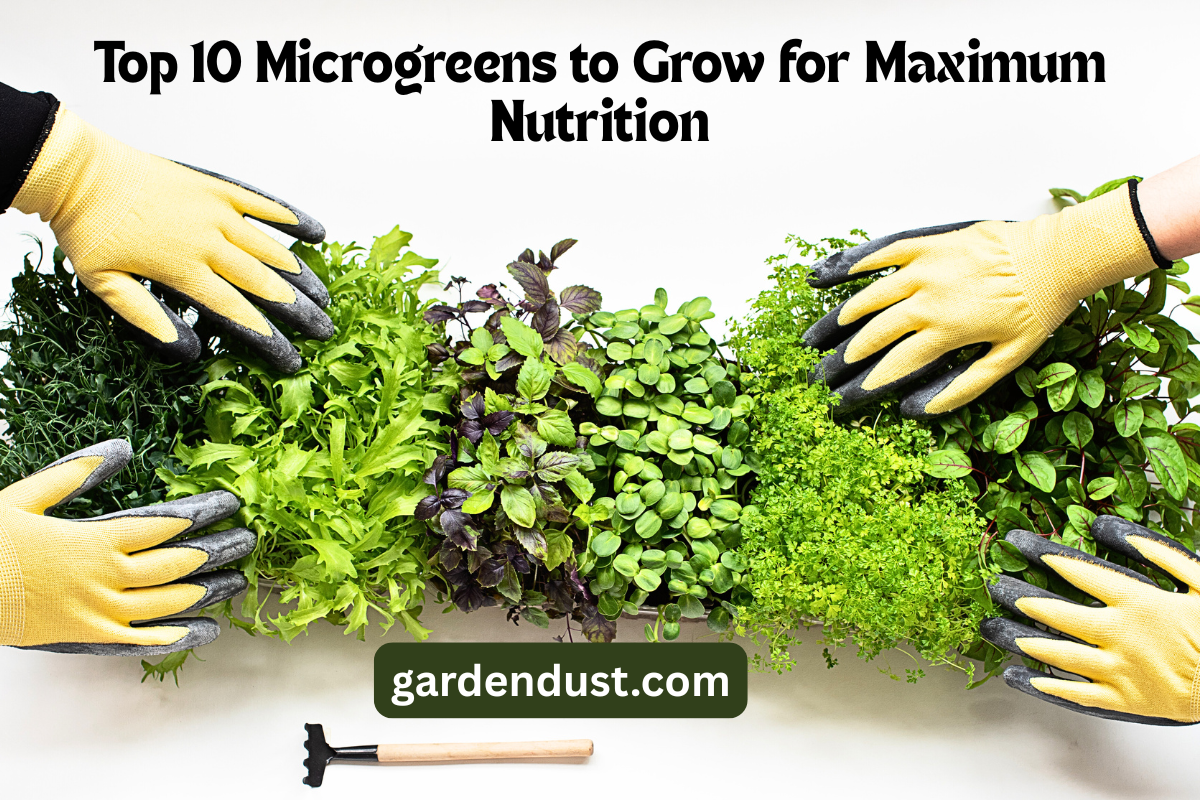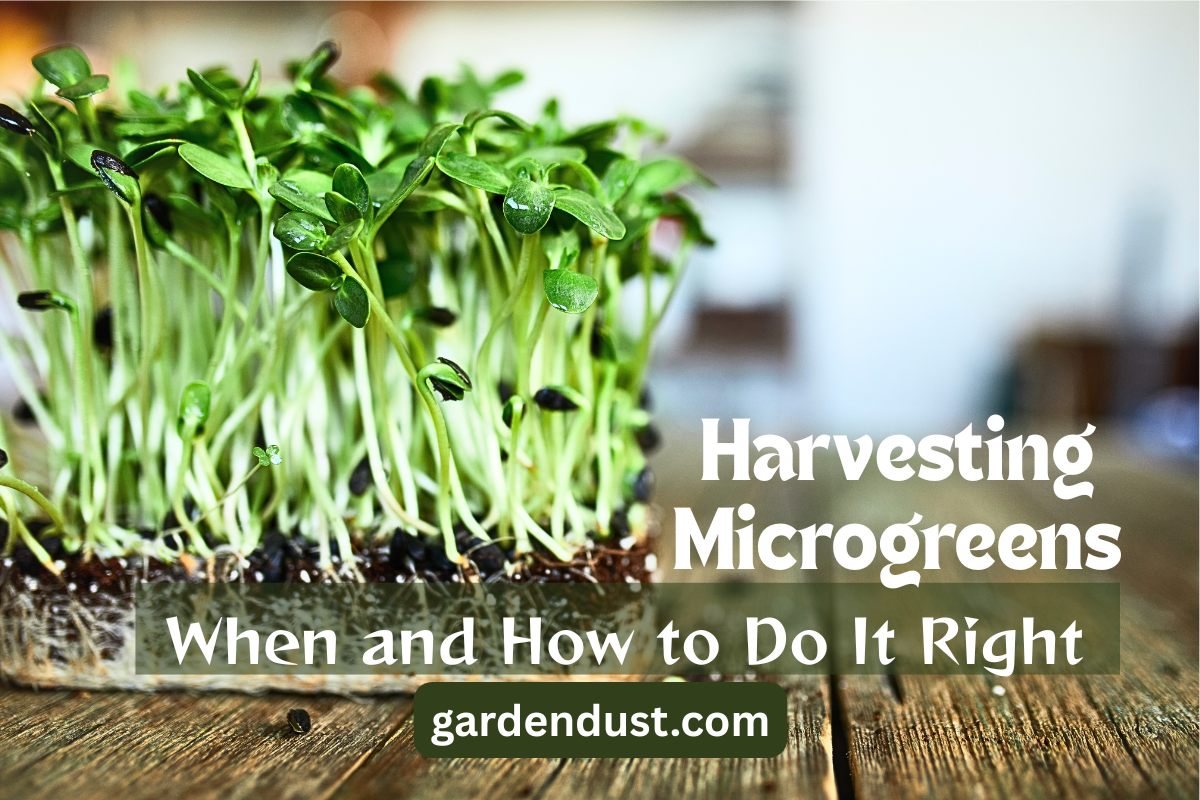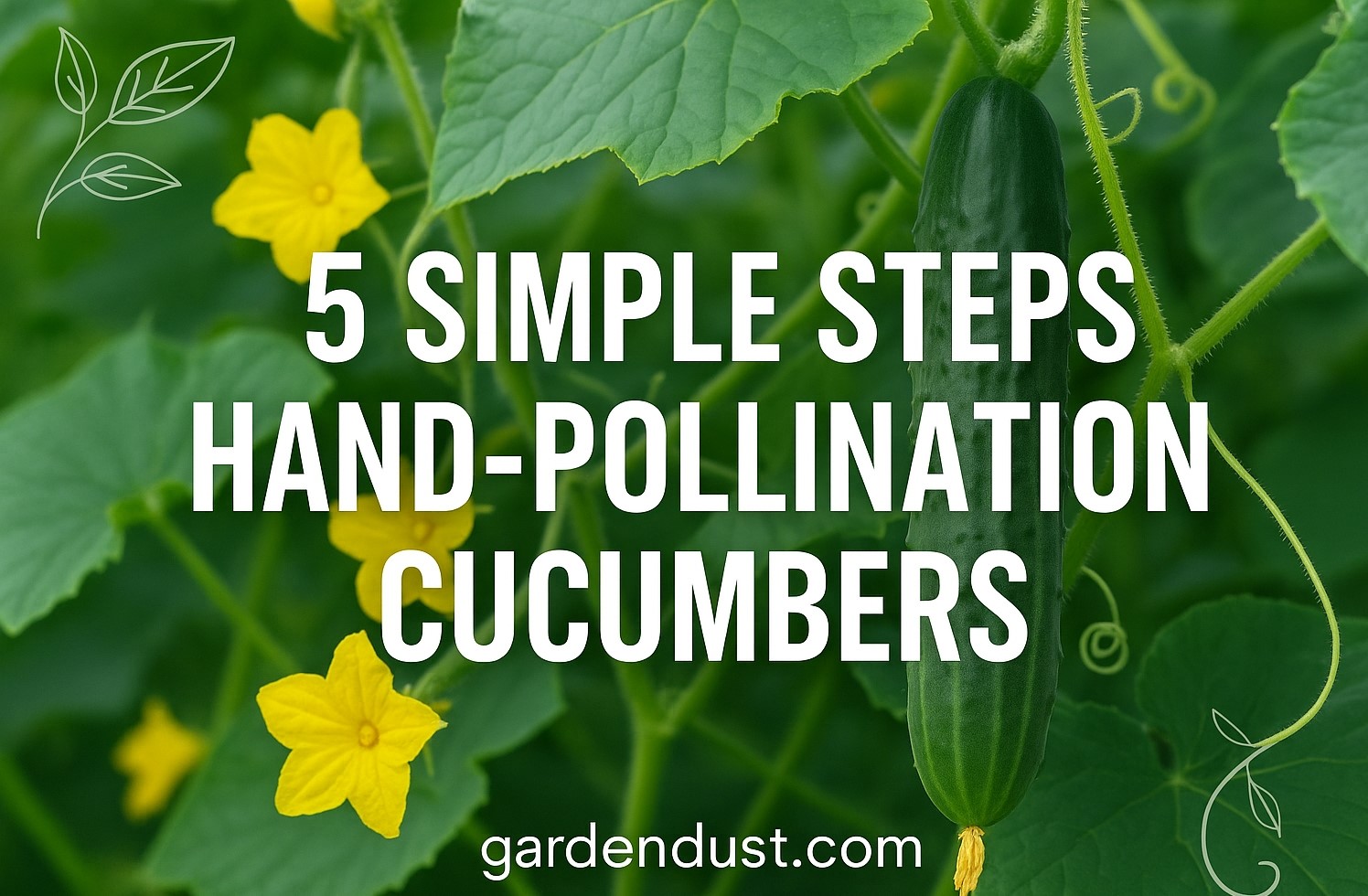When it comes to sustainable and organic gardening practices, utilizing natural fertilizers is key to promoting healthy plant growth and soil fertility. One such powerhouse of nutrients is chicken manure, a rich source of nitrogen, phosphorus, and potassium, essential elements for robust plant development. In this comprehensive guide, we will delve into How To Use Chicken Manure As Garden Fertilizer, exploring its benefits, preparation methods, application techniques, and precautions to ensure optimal results. Let’s start…
The Benefits of Chicken Manure
- Nutrient-Rich Composition-Chicken manure is renowned for its well-balanced nutrient profile. It contains high levels of nitrogen (N), essential for leaf and stem development, phosphorus (P) for root growth, and potassium (K) for overall plant health.
- Organic Matter Boost-Chicken manure adds organic matter to the soil, enhancing its structure, water retention, and drainage capabilities. The increased organic content fosters a healthy soil environment, allowing plants to thrive.
- Microbial Activity-Chicken manure is teeming with beneficial microorganisms that contribute to the soil’s microbial diversity. These microbes break down organic matter, releasing nutrients in forms that plants can easily absorb.
- Cost-Effective Solution-For those who keep chickens, using their manure as fertilizer provides a cost-effective and sustainable alternative to commercial fertilizers. It’s a way to recycle waste and close the loop in the gardening process.
READ ALSO;-10 Reason -Use Cinnamon In Your Garden
Preparation Methods
Chicken manure is a potent garden fertilizer, but proper preparation is key. Quick Tips for Using Chicken Manure in Your Garden
Step 1 -Composting-
a. Collect manure and bedding.
b. Mix with carbon-rich materials.
c. Turn regularly.
d. Monitor temperature (130°F-150°F).
e. Cure for weeks before use.
Step 2-Aging/Drying-
a. Collect manure and bedding.
b. Spread thinly for sunlight and air exposure.
c. Turn periodically.
d. Store in a cool, dry place.
These quick steps ensure safe and effective use of chicken manure, promoting a thriving garden.
Precautions and Considerations Before Using
- Avoid Fresh Manure– Never apply fresh chicken manure directly to plants, as it can burn them due to its high ammonia content. Composting or aging is essential to reduce the risk of nutrient imbalances and potential pathogens.
- Pathogen Risks-Chicken manure may carry pathogens such as E. coli or Salmonella. Composting and aging help mitigate these risks, but it’s crucial to wash hands thoroughly after handling chicken manure and avoid contact with edible parts of plants.
- Balancing with Other Amendments– While chicken manure is a fantastic fertilizer, it may not provide all the necessary nutrients in the right proportions. Supplement it with other organic amendments like bone meal, kelp meal, or compost to achieve a well-rounded nutrient profile.
- Moderation is Key– Overapplication of chicken manure can lead to an excess of certain nutrients, disrupting the balance in the soil. Regular soil testing is crucial to monitor nutrient levels and adjust your fertilization strategy accordingly.
Incorporating chicken manure into your gardening routine can significantly enhance soil fertility, promote plant growth, and contribute to a sustainable, organic gardening practice. By understanding the benefits, preparation methods, application techniques, and precautions, you can harness the power of chicken manure to cultivate a thriving and vibrant garden. Remember to approach the use of chicken manure with care, respecting the importance of proper composting and balancing with other amendments for optimal results. Happy Gardening….







